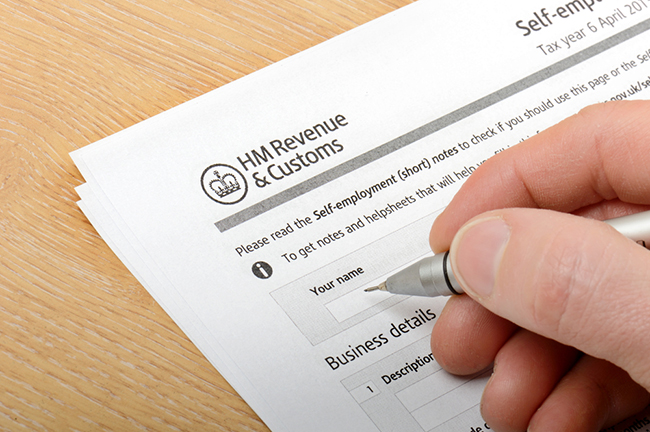Emily Coltman FCA, chief accountant to FreeAgent – which provides cloud accounting software for freelancers, contractors and micro-businesses – takes a look at the main points to be aware of.
Changes that came into effect on Friday 1st April
VAT threshold
On 1st April the VAT registration threshold changed from £82,000 to £83,000 and the de-registration threshold changed from £80,000 to £81,000.
This means that you won’t be required to register your business for VAT until it makes sales of £83,000 or more during any 12-month period. If you are currently registered for VAT, you will be able to de-register when your business makes sales of £81,000 or less during any 12-month period (and you’re confident that this will continue to be the case in the following 12-month period).
National Living Wage
The new National Living Wage becomes law on 1st April. This means that if you employ any staff members who are aged 25 and over, you will need to pay them a minimum hourly rate of £7.20. If you don’t do this, you could face a large fine and your company name could be added to a public list of offenders. There’s information and guidance for employers on the National Living Wage website.
Changes coming into effect on Wednesday 6th April
Changes to dividend taxation
One of the most significant changes taking effect on 6th April is the replacement of the Dividend Tax Credit with a new Dividend Allowance. This will take the form of a 0% tax rate on the first £5,000 of dividend income each year. UK residents will then pay tax on any further dividends they receive at one of three different rates. To find out more about these changes, including the rates of dividend taxation, take a look at the information on gov.uk.
Employment Allowance
First introduced in 2014, the Employment Allowance is a reduction in employer’s National Insurance and is currently set at £2,000 for most employers. On 6th April, however, this will change: the allowance itself will increase to £3,000 but company directors who are the only employee of their company will no longer be eligible.
This means that even if you were eligible for the Employment Allowance in previous years, you may no longer be from 6th April onwards. If you’re unsure whether you will continue to qualify for the Employment Allowance, check out the guidance from gov.uk on excluded companies.
Scottish Income Tax
If you live in Scotland, you will be required to pay the Scottish rate of Income Tax on your wages, pension and most other taxable income from 6th April onwards. The Scottish rate of Income Tax is 10% but you’ll pay the same overall rate of Income Tax as the rest of the UK. You can find out more about how it works at gov.uk.
Personal Allowance
On 6th April the Personal Allowance will increase from £10,600 to £11,000. This means that you and any employees you have will be entitled to receive £11,000 of tax-free income each year.
New student loan plans
An alternative threshold for a new type of student loan deduction (Plan Type 2) will be introduced on 6th April. The new plan type applies to employees who:
- had a home address in England or Wales when they first applied for a student loan
- started their academic course on or after 1st September 2012
The Plan Type 2 threshold will exist alongside the current threshold for student loan deductions, which will be known as Plan Type 1. If you employ people who are eligible for student loan deductions, you will need to indicate through your payroll software which plan type you need to operate for each employee.
The Student Loans Company has put together a handy tool to help employees determine which plan type their employers should use. Further information is available at gov.uk.
Employer NI contributions for apprentices
If you employ apprentices under the age of 25 who earn less than £3,583 per month or £43,000 per year, from 6th April you will no longer need to pay employer’s National Insurance contributions on their earnings. A new National Insurance category letter, H, has been created for this scenario and you will need to update the NI details of any eligible employees in your payroll software and select ‘H’ as the category letter.
As you can see, there are quite a few changes coming up in the next week or two. If you’re unsure of what any of these mean for you or your business, you should talk it through with your accountant.
Emily Coltman FCA is chief accountant to FreeAgent, which provides cloud accounting software specifically-designed for freelancers, contractors and micro-businesses. Try it for free at www.freeagent.com


